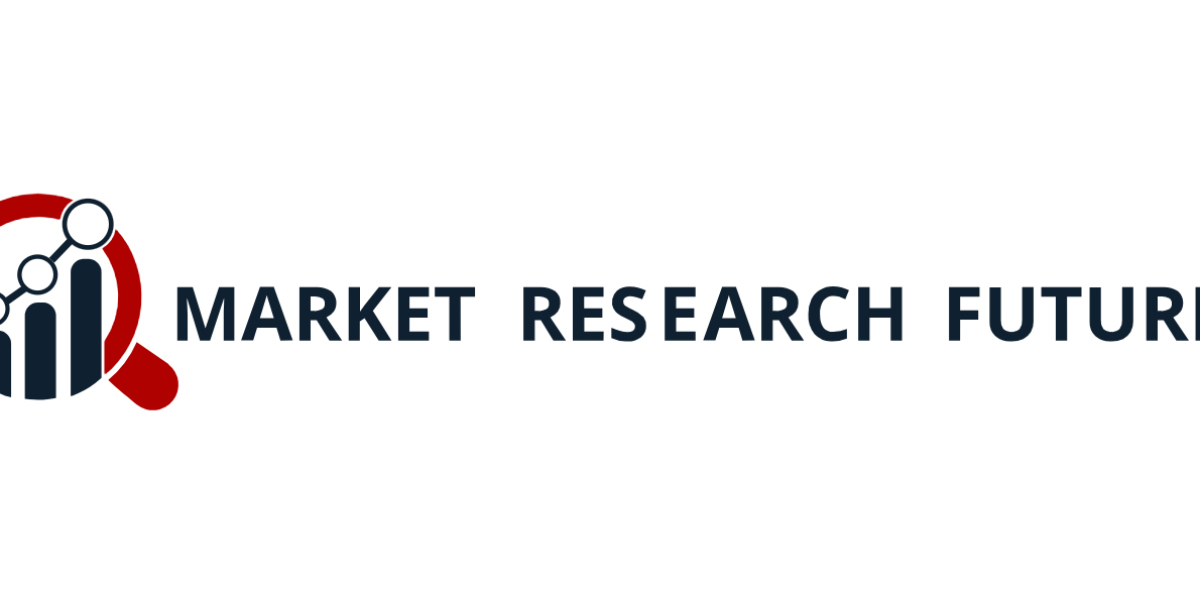The United States healthcare system, with its immense complexity and scale, is undergoing a profound transformation. At the heart of this change is a wave of innovative startups harnessing the power of artificial intelligence (AI) to tackle some of the industry's most persistent challenges. These companies aren't just creating incremental improvements; they are fundamentally reshaping how we diagnose, treat, and manage health. From enhancing diagnostic accuracy to streamlining administrative tasks, AI is proving to be a game-changer. Here's a look at some of the most promising US healthcare AI startups to watch, as they pave the way for a smarter, more efficient, and more patient-centric future. ?
Enhancing Diagnostics and Precision Medicine
One of the most impactful applications of AI in healthcare is in diagnostics. AI algorithms can analyze vast datasets—including medical images, genomic information, and patient records—to detect diseases with remarkable speed and accuracy. This capability is not only reducing human error but also accelerating the path to personalized medicine.
A prime example of a company making significant strides in this area is PathAI. This Boston-based startup uses AI-powered technology to analyze pathology slides, helping pathologists make more accurate diagnoses for diseases like cancer. Their platform assists clinicians by identifying subtle patterns and features that might be missed by the human eye, leading to better patient outcomes and more effective treatment plans.
Another key player is Tempus, which has become a leader in personalized cancer treatment. Tempus analyzes clinical and molecular data to help physicians select the most effective therapies for individual patients. Their platform processes enormous amounts of information to provide real-time, actionable insights, essentially acting as a comprehensive data and analytics hub for oncology. This approach moves beyond a one-size-fits-all model, making precision medicine a reality for millions of patients.
Revolutionizing Drug Discovery and Development
The process of discovering and developing new drugs is notoriously long, expensive, and often unsuccessful. AI is changing this by drastically shortening the timeline and increasing the probability of success. By analyzing biological and chemical data, AI can predict how drug compounds will interact with the human body, identify promising new targets, and design molecules from scratch.
Insitro is at the forefront of this revolution. This company uses machine learning to decode the biological basis of disease and create a platform that accelerates drug discovery. They combine machine learning with biological data to find novel drug targets and advance new therapeutic candidates. This innovative approach promises to deliver new treatments to market much faster and more cost-effectively than traditional methods.
Similarly, Recursion Pharmaceuticals is leveraging AI and automation to map out biology and accelerate the discovery of new medicines. By running millions of experiments and analyzing the resulting data with AI, they are able to identify new uses for existing drugs and discover entirely new therapeutic compounds for a wide range of diseases.
Improving Patient Engagement and Care Delivery
Beyond the lab and the clinic, AI is also enhancing the patient experience. AI-powered tools are helping to streamline communication, automate administrative tasks, and provide remote patient monitoring, making care more accessible and efficient.
One company to watch is K Health, an AI-driven primary care platform. K Health provides users with free health information by comparing their symptoms against a vast database of anonymized medical records. If needed, the platform can connect users with a doctor for a virtual consultation, making quality primary care more affordable and convenient.
In the realm of mental health, Woebot Health offers an AI-powered chatbot that provides cognitive behavioral therapy (CBT) techniques. This empathetic AI companion helps users manage their mental well-being on demand, offering a scalable solution to the growing mental health crisis and acting as a powerful tool for those who may not have immediate access to a human therapist.
Boosting Operational Efficiency with AI
Administrative tasks—from billing and scheduling to data entry—are a major source of cost and inefficiency in healthcare. AI is being used to automate these processes, freeing up valuable time for clinicians to focus on what matters most: patient care.
For instance, Noteworthy is a startup that automates administrative tasks using AI. Their platform captures patient-physician interactions and automatically updates electronic health records (EHRs), eliminating the need for manual data entry and reducing clinician burnout. This streamlines workflows and improves the overall quality of care by ensuring accurate and timely documentation.
The future of AI in healthcare looks incredibly promising, and its growth is reflected in the market. The global artificial intelligence in healthcare market is projected to grow significantly. For more details on the market's trajectory and key drivers, you can read the US AI healthcare market forecast. The startups mentioned here are not just creating cool technology; they are building solutions that will fundamentally improve the lives of both patients and providers.
As these innovative companies continue to mature, they will play a crucial role in shaping a healthcare system that is more intelligent, equitable, and capable of addressing the complex health challenges of the future. The synergy between human expertise and machine intelligence is creating a new paradigm in medicine, and these startups are the pioneers leading the charge. ?








